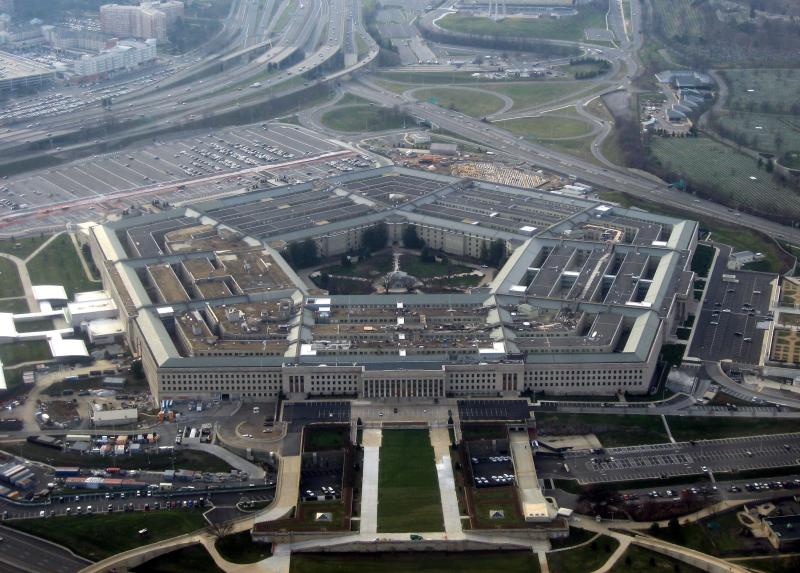
The Department of Defense (DoD) is marching on with its Joint Enterprise Defense Infrastructure (JEDI) cloud services contract, despite pushback from both the public and Congress.
The contract’s procurement process has been controversial from the start, and Congress has openly questioned the project, which would award a $10 billion contract to a single cloud services vendor for the next 10 years.
Last month, the House Appropriations Committee announced it will not fund the transfer of data to the JEDI cloud until the DoD reports how it will transition to multi-cloud. The committee even wrote in its report that the DoD is “deviating from established OMB policy and industry best practices, and may be failing to implement a strategy that lowers costs and fully supports data innovation for the warfighter.”
And in October, Congressmen Steve Womack and Tom Cole expressed similar concerns when they asked the DoD’s Inspector General’s Office to investigate why the department continues “to insist on a contract structure that runs contrary to industry best practices.”
Multi-cloud environments are generally seen as more secure and flexible than single-vendor cloud programs. Because of this, the DoD’s pursuit of a single-vendor cloud program could create long-term problems for the department.
Committing to one vendor for 10 years could hinder the DoD’s ability to innovate. Technology moves fast, and the DoD must adapt to and adopt these new technologies quickly. If the department is locked in with one vendor, it may not be able to utilize cutting-edge technologies from other companies that would strengthen the warfighter.
The 10-year commitment could also indirectly restrict competition. It will likely be difficult for the DoD to transfer 10 years’ worth of data and applications to another vendor, potentially ensuring that the department continues to use the first vendor, even after the contract has ended.
But fostering competition is in the best interest of the DoD and taxpayers. Competition incentivizes providers to offer better services and lower costs. According to Trey Hodgkins, CEO of Hodgkins Consulting, a multi-cloud and multi-vendor approach would give the department “full access to the wide range of technical innovations developed in the commercial marketplace, increasing both functionality and security while reducing costs through competition.”
Taking a multi-cloud approach could also help the Pentagon protect itself against cyber attacks. According to Lieutenant General VeraLinn Jamieson, the deputy chief of staff for Air Force intelligence, multi-cloud programs give the enemy a “targeting problem.”
The Navy, Army and Air Force are pursuing multi-cloud contracts, as is the Central Intelligence Agency (CIA). After six years with a single-vendor contract, the CIA is changing to a multi-vendor, multi-cloud strategy “to increase access to cloud innovation and reduce the disadvantages associated with using a single cloud service provider,” according to a House Appropriations Committee report.
In light of the benefits of a multi-cloud approach, it’s perplexing why the DoD is still pursuing JEDI, especially since it has received a lot of pushback.
The bottom line is that while the DoD is right to modernize its operations and adopt technologies to bolster the warfighter, it should seriously consider using multiple cloud vendors to most effectively use taxpayer dollars, foster innovation and strengthen national security.

